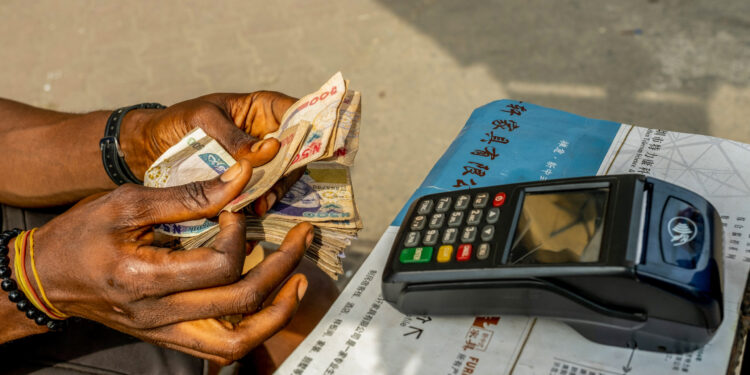May 10, 2024 - Significant backlash has emerged against the Central Bank of Nigeria's (CBN) recent implementation of a cybersecurity levy on electronic transactions, as the House of Representatives, the Northern Elders Forum (NEF), and key private sector players call for its suspension, citing economic hardship and procedural issues.
The controversial levy, set at 0.5% of all electronic transaction values, was introduced by the CBN on May 6, 2024, under the provisions of the newly amended 2024 Cybercrime (Prohibition, Prevention, etc.) Act. Intended to enhance national cybersecurity efforts, the levy has been met with widespread criticism for adding financial strain on businesses and consumers already grappling with Nigeria’s economic challenges.
Critics, including the House of Representatives, argue that the levy's implementation contradicts its legislative intent, which specifies that only certain businesses listed in the Act’s Second Schedule should be subject to the fee. These include GSM service providers, telecommunication companies, banks, financial institutions, insurance companies, and the Nigerian Stock Exchange.
In a session led by House Minority Leader Kingsley Chinda, lawmakers pointed out the ambiguity in the CBN's directive which could lead to the wrongful imposition of the levy on all bank customers, thereby exacerbating the financial burden on the populace.
Adding to the outcry, the NEF described the levy as “arbitrary, illegal, and out of touch with the realities faced by Nigerians," highlighting the excessive nature of current banking transaction costs. The forum emphasized the necessity of reassessing the levy to avoid deepening the economic distress faced by individuals and businesses.
Furthermore, prominent business groups such as the Lagos Chamber of Commerce and Industry (LCCI) and the Centre for the Promotion of Private Enterprise (CPPE) have voiced their disapproval. The LCCI remarked on the timing and justification of the levy as troubling, especially considering the recent hikes in electricity tariffs which have not correspondingly improved power supply.
Economist Paul Alaje criticized the levy’s broad application, warning that it could cripple the economy, which is already near recession. He suggested that the costs of maintaining cybersecurity infrastructure should fall on organizations, not the public.
The Nigerian Association of Chambers of Commerce, Industry, Mines, and Agriculture (NACCIMA) also expressed reservations, urging the government to delay the levy for further review and consultation. NACCIMA highlighted concerns about the levy’s potential to harm Nigeria’s business environment and discourage foreign investment.
In response to mounting criticism, several organizations, including the Nigerian Economic Summit Group (NESG), suggested targeting the levy at high-net-worth individuals rather than imposing a blanket charge on all electronic transactions. This approach, they argue, would mitigate adverse effects on financial inclusion and the broader economy.
As the debate continues, the CBN has yet to respond formally to the concerns raised. Stakeholders are calling for more thorough consultations and a reevaluation of the levy to better align with Nigeria’s economic realities and fiscal policies. The situation remains dynamic, with further developments anticipated as discussions between government bodies and private sector representatives progress.
Call for Reversal of New Cybersecurity Levy Intensifies Amid Economic Concerns
Admin
06:47
Popular Posts
Tags
Most Recent
3/recent/post-list
Random Posts
3/random/post-list





0 Comments